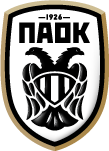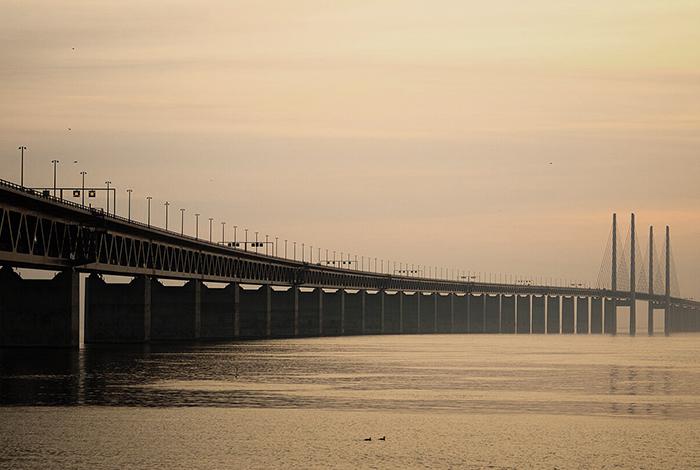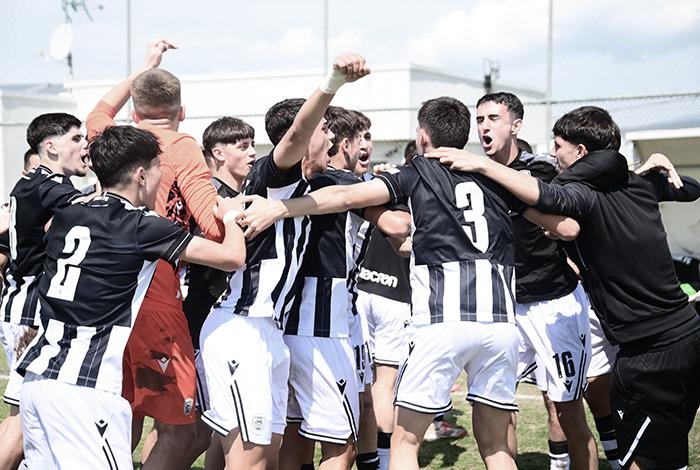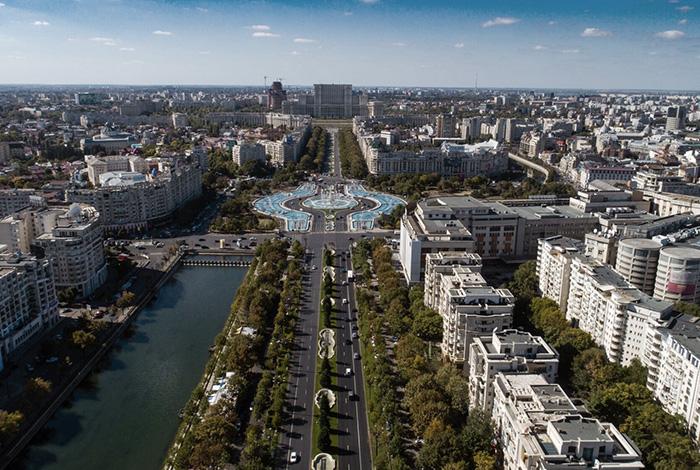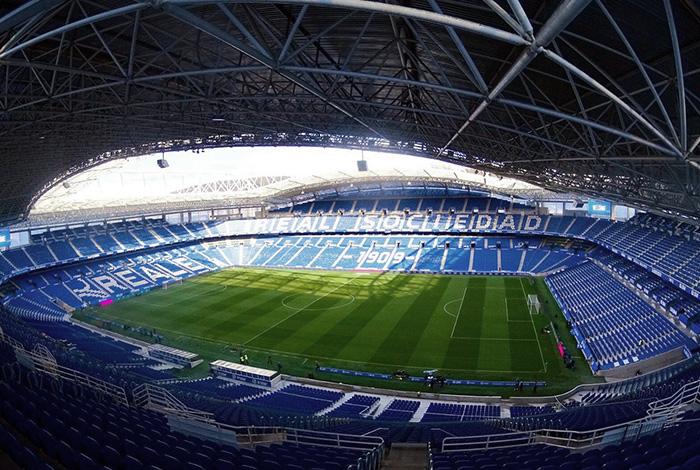Malmö FF: Scandinavian and European
PAOK face Sweden’s most successful team in the 3rd qualifying round of the 2024-25 Champions League. Malmö, or Malmö FF or MFF as they are referred to, boast a Champions Cup final, 23 championships, 16 Swedish Cups, two Super Cups, and of course Zlatan Ibrahimovic…
The Swedish club are also the holders of last season’s championship, as in the derby of the last matchday they defeated Elfsborg 1-0 and claimed the title.
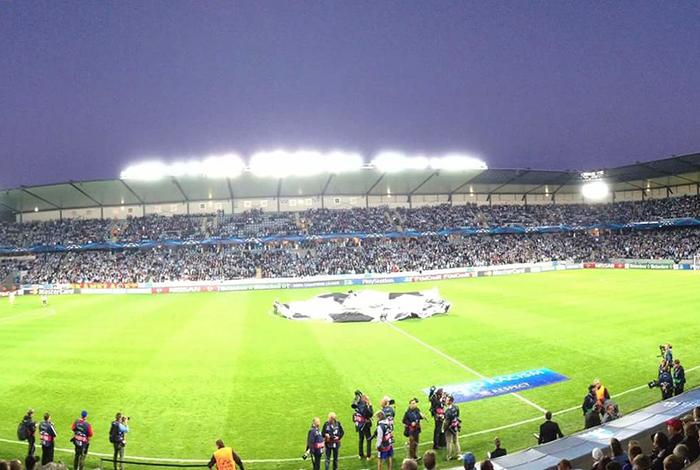
- The club was founded in 1910, won its first championship in 1944 and flourished in the 1970s, during which it won five Swedish leagues, four Swedish Cups, and became the only team from the Nordic countries to reach a European cup final (now the Champions League). They have also won the most matches of any team in the history of the league’s first division (Allsvenkan), while also leading the relevant table for total goals scored.
- The team’s nickname is Di blåe («The Blues») and their colors are blue and white.
- The club arose from a municipal initiative in 1905 to encourage young people in Malmö to play organized football.
- The club has a rich European heritage, having participated in UEFA competitions since 1964. In the 1978–79 season they reached the final of the European Cup (now the Champions League), where they were beaten 1-0 by English champions Nottingham Forest . They are the only Scandinavian team that has reached this far in the European Cup or the Champions League. They are also the only Nordic club to have played in the Intercontinental Cup.
- Zlatan Ibrahimovic started his professional career in Malmö. He made 40 league appearances and scored 16 goals for the club between 1999 and 2001, before being sold to Ajax.
- Eric Persson was president of the team from 1937 to 1974! Under his leadership, Malmö won ten championships. He is considered the most important person in the club’s history.
- They are the only Swedish team to wear two stars above their crest, representing at least 20 domestic league titles.
- Malmö FF has several fan clubs, the largest being MFF Support, founded in 1992 and chaired by a woman. MFF Support describes itself as «a non-profit and non-political organization working against violence and racism». Among other smaller clubs, stand out Supras Malmö («Supras» from the words supporters and ultras), but also Malmösystrar (Sisters of Malmö), which is the largest women’s fan club in Europe with more than 200 members.
- Due to geographical proximity, there are minor rivalries with Trelleborgs FF and Landskrona BoIS, both also at Scania. The club’s main rivals are Helsingborgs IF, and IFK Göteborg, while the rivalry with IFK Malmö is geographical and historical. The two clubs hail from the same city and played at the same stadium in the early 20th century. IFK Malmö, of course, have not played in the first division of the league since 1962. So matches between the two sides are rare.
- The 1990s were difficult, leading to relegation in 1999. A combination of changes, however, along the way (change of chairman and technical director, and the emergence of the ultra-talented youngster Ibrahimovic) brought a return to the Allsvenskan in 2001.
- The 2020s brought a European feel as Malmö reached the group stage of the Champions League in the 2021-22 season. The previous season they had reached the knockout stages of the Europa League.
- On the club’s 100th anniversary in 2010, Swedish football magazine Offside named Malmö as the greatest football club in Swedish history.
Malmo: a city many underestimate
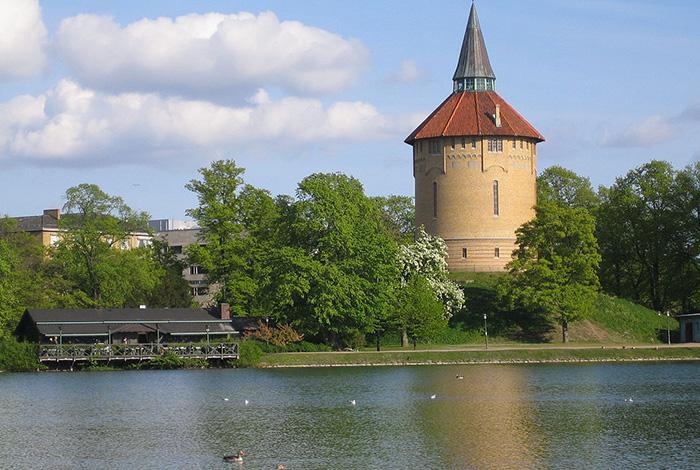
It is not seen as such an attractive destination, perhaps because travelers who choose Sweden usually are focused on Stockholm. Malmö, however, is a typical beautiful, neat and clean Scandinavian city with extensive parks and green spaces. It is even considered as a model of sustainable urban development. It has historic buildings, many shops, a university college and the aura of a city that tries to focus on education, arts and culture. The Danes call Malmö their «little brother», as just half an hour by train takes you from Copenhagen to Malmö and from Denmark to Sweden. The two cities are joined by the impressive Oresund Bridge, which essentially connects the Scandinavian peninsula with central Europe, via Denmark. Perhaps, Malmö is also quite underrated, as it is the city where there are most non-Swedes (many are refugees and immigrants). It is estimated that around 140 nationalities live there, hence the popular name of it being a «city of 140 languages».
- The earliest written mention of Malmö as a city dates back to 1275.
- Malmö (Malmö in Swedish) is the third largest city in Sweden, located in the southernmost province of Skåne (Scania) and has a population of 300,515 (about 658,704 in the metropolitan area). It was one of the first and most industrialized cities in Scandinavia, but in recent decades it has been trying to adapt to the post-industrial era.
- Malmö’s biggest and busiest parks are Kungsparken and Slottstradgarden.
- The main squares of the city are three, with the most beautiful being the Small Square, but also the one where the mayor’s office is located.
- The Church of Saint Peter is worth a visit.
- The small Malmöhus castle, somewhere between the city’s parks, lends itself to touring and visiting its museums.
- Calatrava has also left his mark in Malmö with a special and towering building, the Turning Torso.
- The Swedes take a sauna at Ribersborgs Kallbadhus and immediately afterwards dive into the icy waters of the sea.
- The shoe bridge (David Hall Bridge) is nothing more than the shoes of famous Swedish actors and local residents, gathered on a bridge.
- It has a tradition of organizing Eurovision competitions (1992, 2013, 2024).
- Prefer something in Turkish or Asian cuisine, as there are dozens of restaurants specializing in this type of food in the city.
Eleda Stadion
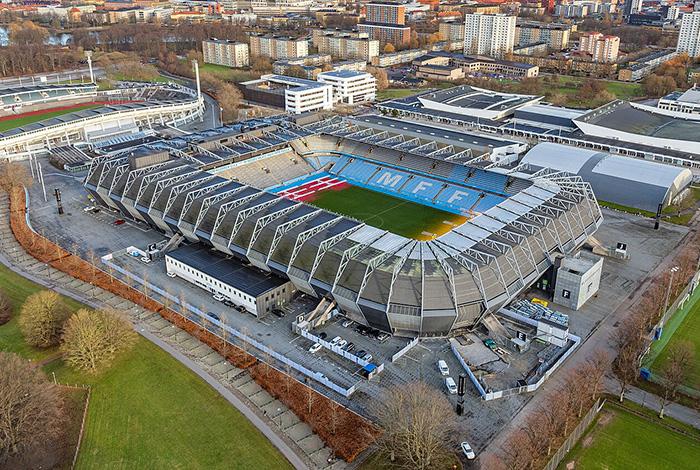
Opened in 2009, it was designed exclusively for football and is located next to the old stadium, with which it is connected by Stadium Square. Something like a tribute to the past and the present… Malmö’s Eleda Stadium is a modern ground and a noisy venue with a capacity of 21,000 spectators. Successful sponsorship work and player sales made Malmö the richest club in Sweden, a position further cemented by back-to-back Champions League group stage appearances over the next two years. Thus came the move to a new stadium, the Eleda Stadion, which replaced the Malmö stadium built in 1958.
- The construction cost totalled 695 million crowns (79.7 million euros)
- The stadium meets the UEFA specifications as a category 4 stadium.
- The stadium has three two-level stands and a standing terrace that converts into seats for international matches.
- It is located in a central area of Malmö, with limited parking options, however it is easily accessible by bus (lines 3, 6, 7 and 34), bike or even walking.
- In 2010, he set a record attendance (24,148) for a Malmö game against Mielby.
